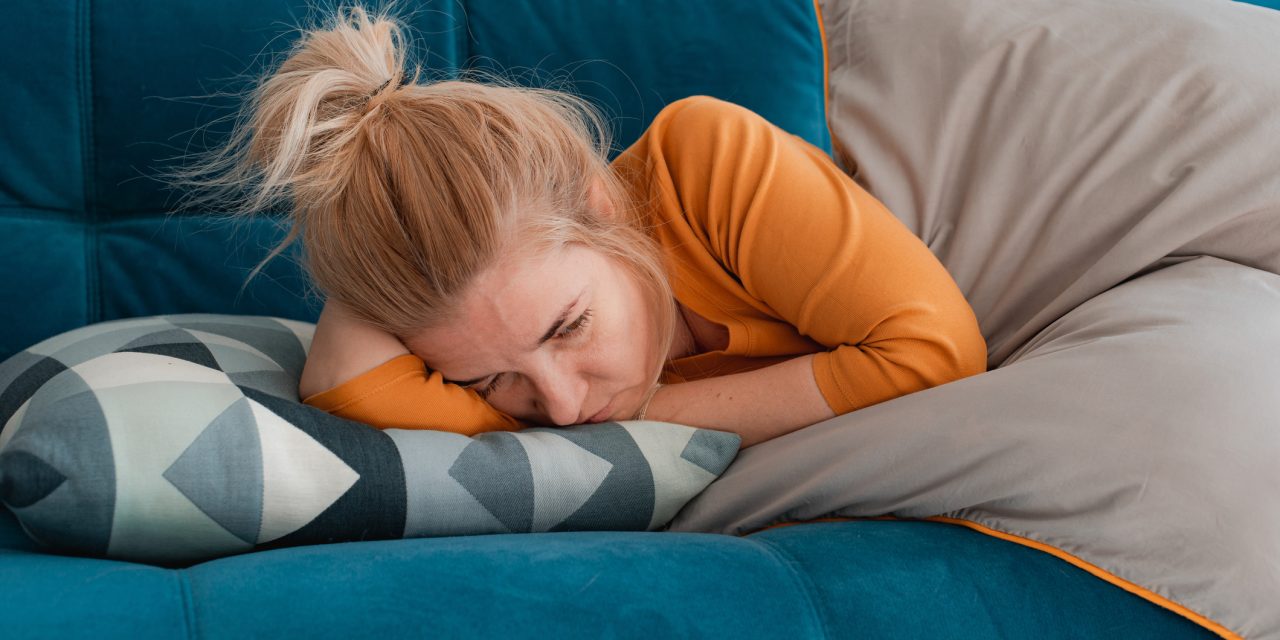The aim of our study is to investigate the relationship between chronotypes and impulsivity, attention-deficit disorder and smartphone, social media, and internet addiction in a sample of university students.
The study was conducted at our university from May to July 2021. A total of 255 subjects were recruited in the study among the students from the medical faculty and the faculty of health sciences (departments of nutrition and dietetics, nursing, and physiotherapy and rehabilitation) of our university who received face-to-face education in 2020-2021. Sociodemographic data form, the Adult Attention-Deficit/Hyperactivity Disorder Self-Report Scale, Morningness-Eveningness Questionnaire, Barratt Impulsiveness Scale-11 Short Form, Young’s Internet Addiction Scale, Social Media Addiction Scale-Adult Form, and Smartphone Addiction Scale-Short Version were administered by the study investigators through face-to-face interviews.
Among the students, the intermediate type was most common (n = 157) and the evening type was least common (n = 44). The chronotypes differed in terms of the time spent daily on smartphone and internet ( = .001 and < .001). The evening types showed significantly higher mean scores on the Adult Attention-Deficit/Hyperactivity Disorder Self-Report Scale, Morningness-Eveningness Questionnaire, Barratt Impulsiveness Scale-11 Short Form, Young's Internet Addiction Scale, Social Media Addiction Scale-Adult Form, and Smartphone Addiction Scale-Short Version when compared with other chronotypes. Female and male students showed comparable scores on all scales. Chronotypes were not different between genders.
The results of our study showed a greater frequency of smartphone, internet, and social media addiction among the evening types than in the other chronotypes. Greater impulsivity and attention problems as observed in the evening types may be predisposing these individuals to develop addiction to smartphone, internet, and social media.
© Copyright 2021 authors.
The Relationship Between Chronotype and Impulsivity, Attention-Deficit Disorder, Internet, Social Media, and Smartphone Addiction.


